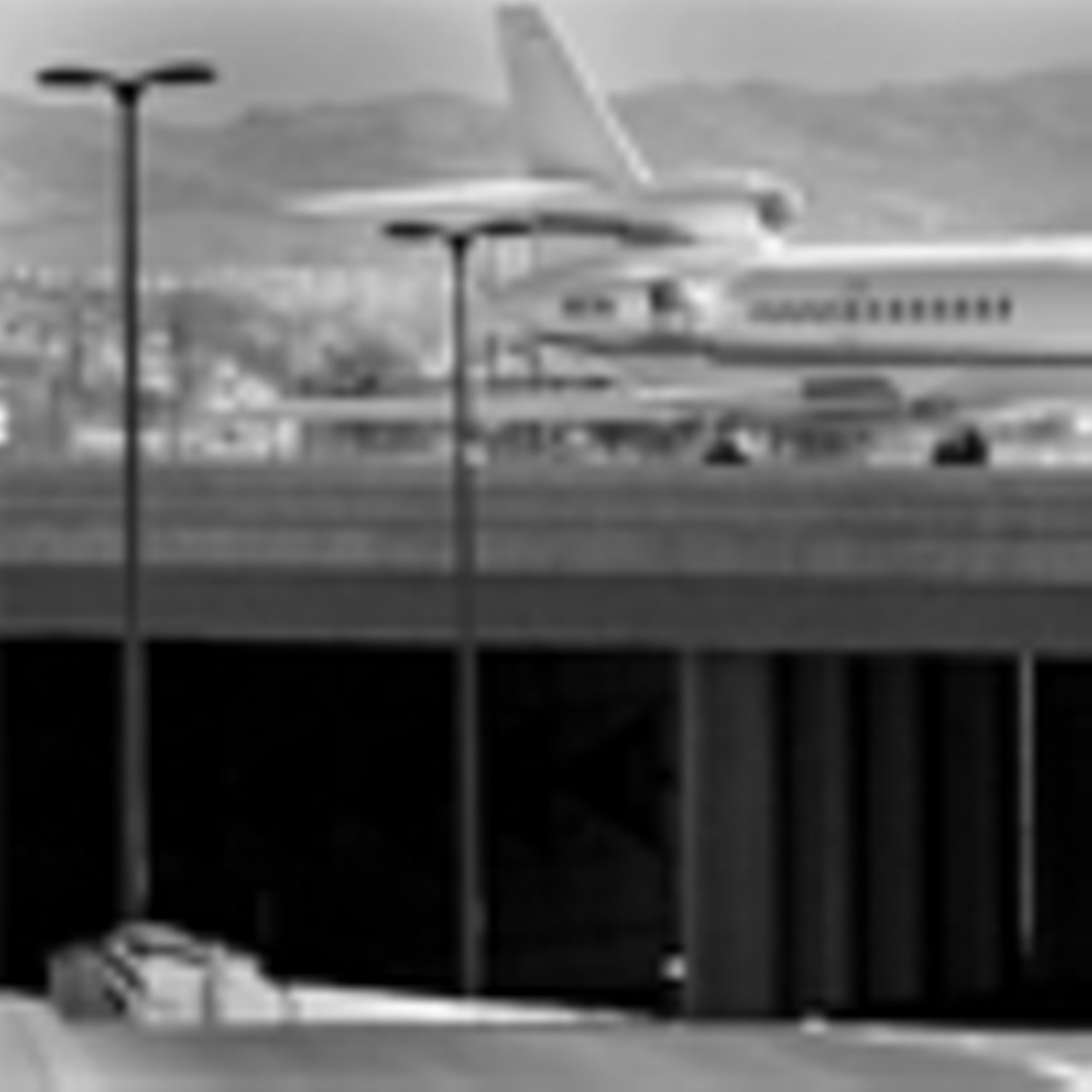

Montenegro made its first payment on the Chinese loan last month and, Mr. He recently negotiated a so-called swap deal with European and American banks that effectively converted the Chinese dollar loan to euros with an interest rate of. “It was a horrible deal, obviously,” said Milojko Spajic, Montenegro’s new finance minister. Djukanovic that he should be wary of hiring the Chinese company, telling him that Poland had recently canceled its own highway contract with another Chinese firm and was suing it over shoddy work. Robert Gelbard, the Clinton administration’s Balkans envoy, recalled advising Mr. Bechtel proposed a more modest and less costly project but lost out to a more expansive and far more expensive proposal from China Road and Bridge Corporation. Djukanovic first floated the idea, several foreign companies, including Bechtel, the American engineering and construction giant, expressed an interest.

But nearly all other documents relating to the Montenegrin highway have been classified as secret.

“It sometimes seems as if they are building a rocket base, not a road,” said Dejan Milovac of MANS, a Montenegrin research group focused on anticorruption work and a longtime critic of the highway.Ī 2014 loan agreement with Exim Bank of China, a state lender, has been made public - and it revealed that China could seize property in the event of default as it did in Sri Lanka, where it grabbed the main port after the country fell behind on a Chinese loan. Djukanovic inspires little trust in Montenegro, especially since his own government enveloped the highway project in a thick cloud of secrecy. Having switched his own allegiances so many times, Mr. Pro-Moscow members of Parliament are not represented in the new government, but, out of hostility to Mr. Djukanovic has presented the ruckus over the Chinese-built highway as another twist in what he views as Russian scheming to assert influence in Montenegro. Now out of power, though he still holds the largely ceremonial post of president, Mr. He led Montenegro to independence in 2006, making it the last former republic of Yugoslavia to become a separate state. Later, he turned to the United States, which overlooked his past in order to get Montenegro to join NATO, while also reaching out to China, which offered loans that neither American nor European banks thought wise. Djukanovic has thrived by playing off rival powers, aligning first with Serbia under Slobodan Milosevic, and then with wealthy investors from Russia, including tycoons close to the Kremlin. Djukanovic, who presided over the deal, ruling Montenegro from 1990 until his party’s election defeat last year, dismissed the new government’s complaints as “political noise,” insisting in an interview that China has no interest in meddling in Montenegro’s affairs.
Who sings road to nowhere update#
UPDATE 2: apologies for the occasional typo, but there is no spell-check in the movable type software.Mr. It would be very good if consumption grew less fast than it did in the boom years but for that to happen, business investment needs to take up the slack there's not much sign of that at the moment. The problem with cost-cutting the way to recovery is the fallacy of consumption as individual companies cut wages and lay off workers, they reduce the demand for the goods of other companies. UPDATE: I don't think anyone who has read my previous posts could argue I think consumer debt is good, savings bad etc. But to the extent that households do economise, that suggests the third-quarter consumption gain will be a one-off indeed personal spending fell 0.5% in September after the cash-for-clunkers programme ended.Ĭost-cutting our way to recovery really is the road to nowhere. Household budgets are already tight and there's probably not a lot of scope for further cheese-paring. But then look the latest wage data released today, up 1.5% year-on-year, the lowest nominal gain since 1982. What is a saver to do? Save more, I suppose.
Who sings road to nowhere plus#
The stockmarket would probably sell off as dividend yields moved to the 5% plus levels seen in the 1970s. And savers who relied on their houses as nesteggs have just discovered that prices can indeed fall by substantial amounts.īut suppose we avoid Japan's fate and the debt burden is instead eliminated by inflation those who have already bought annuities will be ruined.

In addition, those pots are smaller than the workers probably expected the stockmarket has achieved dismal returns over the last 10 years. In Britain, those in defined contribution pension schemes (fast becoming the majority of workers) are virtually forced into buying annuities with their pension pots annuities that are priced off low gilt yields. Think of the choices savers face in the west.


 0 kommentar(er)
0 kommentar(er)
